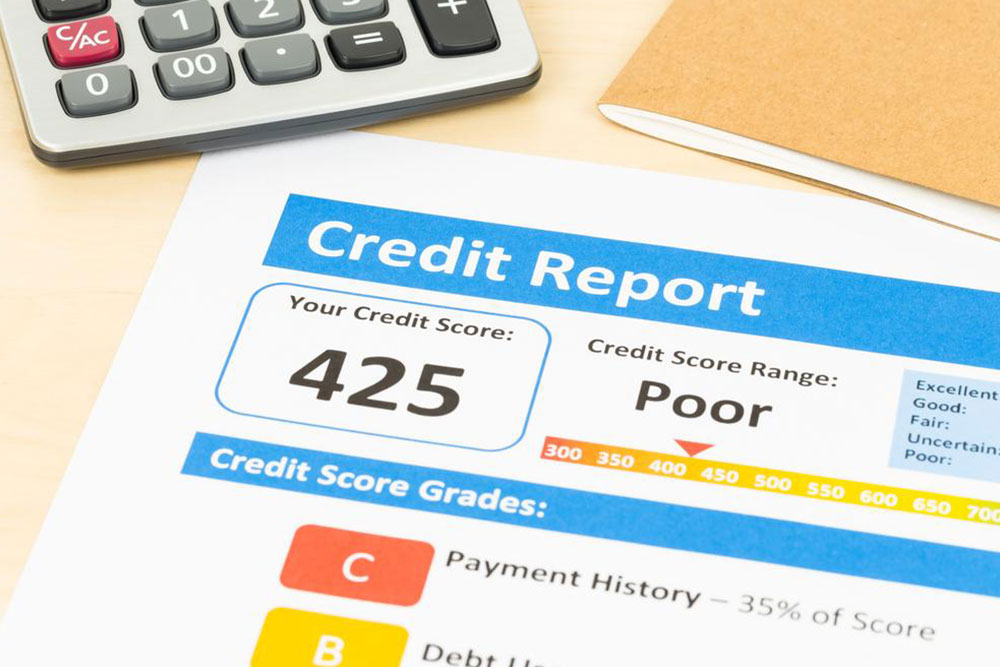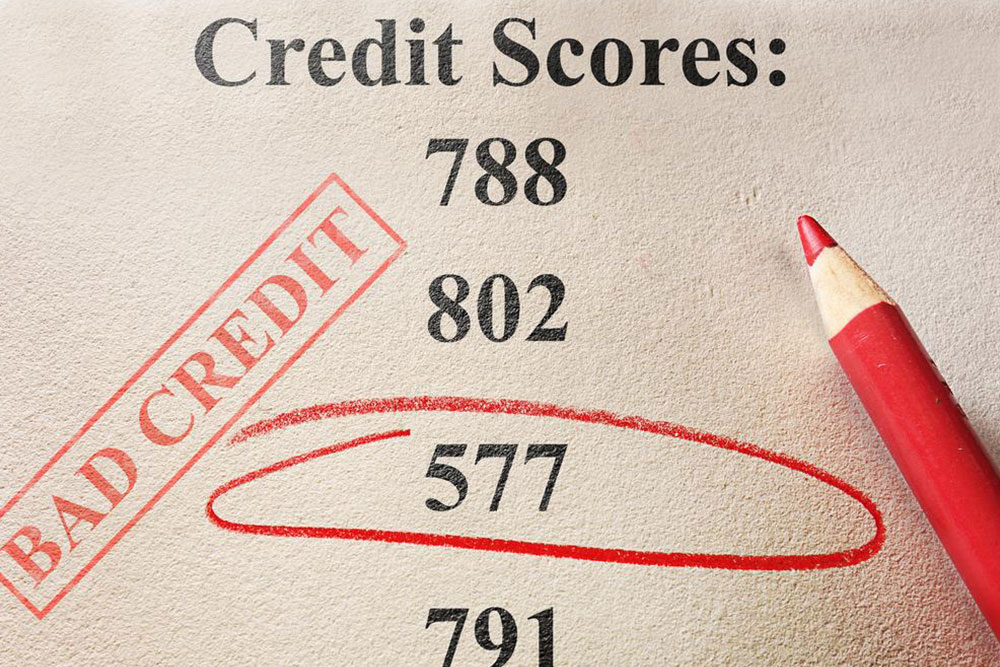Effective Strategies to Secure Loans with a Low Credit Score
Discover comprehensive strategies for securing loans despite a low credit score. Learn how to improve your chances with online lenders, collateral options, and financial management tips. This guide provides practical advice to help you navigate the lending process and access the funds you need, even with poor credit. Whether you're seeking personal emergencies or debt consolidation, understanding your options can make all the difference in achieving your financial goals.

How to Obtain Loans Despite a Poor Credit History
Applying for a loan can often feel like navigating a complex maze, especially when dealing with extensive paperwork and unfamiliar financial terminology. If your credit score is low, this process can seem even more daunting. Understanding how to secure a loan with a less-than-stellar credit history is crucial for those needing financial assistance. Credit scores, which scale from 300 to 850, serve as a vital indicator of creditworthiness. A score below 580 is classified as poor credit, while a range of 580 to 629 is considered subprime or bad credit. These scores often lead to higher interest rates and stricter lending conditions. Therefore, aiming to improve your credit score above 630 can significantly increase your chances of approval and favorable loan terms.
Beyond your credit score, lenders assess a variety of other financial factors. One of the most important is your debt-to-income ratio (DTI), which calculates how much of your monthly income goes toward debt payments. A lower DTI indicates manageable debt levels and enhances your attractiveness as a borrower. Demonstrating stable income and low existing debt can help offset a poor credit score, thus increasing your odds of loan approval. Maintaining a steady income stream and reducing outstanding debts are practical steps to improve your financial profile.
Low credit scores often stem from missed payments, frequent loan rejections, or the absence of a credit history—particularly if you’ve never borrowed money before. To navigate these challenges, it’s advisable to consult your local bank or credit union. Many banks offer unsecured personal loans to existing customers, especially those with a longstanding relationship. These institutions may evaluate your overall financial health rather than relying solely on your credit score, giving you a better chance to secure funding.
In addition, specialized lenders that focus on bad credit loans have emerged as valuable alternatives. These lenders consider a broader set of criteria such as the length of your credit history, available collateral, current income, and assets to make lending decisions. Collateral, which can include property, vehicles, or savings accounts, can significantly improve your chances of approval by reducing the lender’s risk.
Traditional banks tend to be cautious when lending to individuals with poor credit profiles, often citing risk concerns. As a result, online lending platforms have gained popularity among those in need of quick and accessible financing options. Online lenders usually offer faster processing times, more flexible repayment plans, and enhanced convenience. Applications can often be completed within minutes, with funds transferred directly to your bank account swiftly—sometimes within 24 hours. Moreover, peer-to-peer (P2P) lending platforms utilize advanced data analytics and machine learning models to evaluate borrowers holistically. These platforms take into account factors such as income stability, living expenses, educational background, and investments, alongside credit history, to assess risk more comprehensively.
Advancements in internet security have made online lending safer than ever. Encrypted data transmission ensures your personal and financial information remains protected during the application process. This digital evolution has democratized access to loans, making it possible for individuals with less-than-perfect credit to secure funds more easily. Whether you're seeking a personal loan for emergencies, debt consolidation, or purchases, online lenders offer a viable pathway to get the financial support you need, even with a low credit score.
To maximize your chances of approval, it’s essential to compare different lenders, understand their terms, and prepare necessary documentation such as proof of income, identification, and collateral if required. Improving your credit health over time through responsible financial behavior remains the most effective long-term strategy. Consistently paying bills on time, reducing outstanding debts, and avoiding new unnecessary loans can gradually enhance your creditworthiness, opening doors to better borrowing options in the future.
In conclusion, securing a loan with a low credit score is challenging but entirely feasible with the right approach. Leveraging online platforms, assessing your financial profile comprehensively, and taking deliberate steps to improve your credit are key to success. Remember, access to credit is a vital component of financial stability and growth, and with persistence, even those with poor credit can obtain the funding they need to achieve their financial goals.





